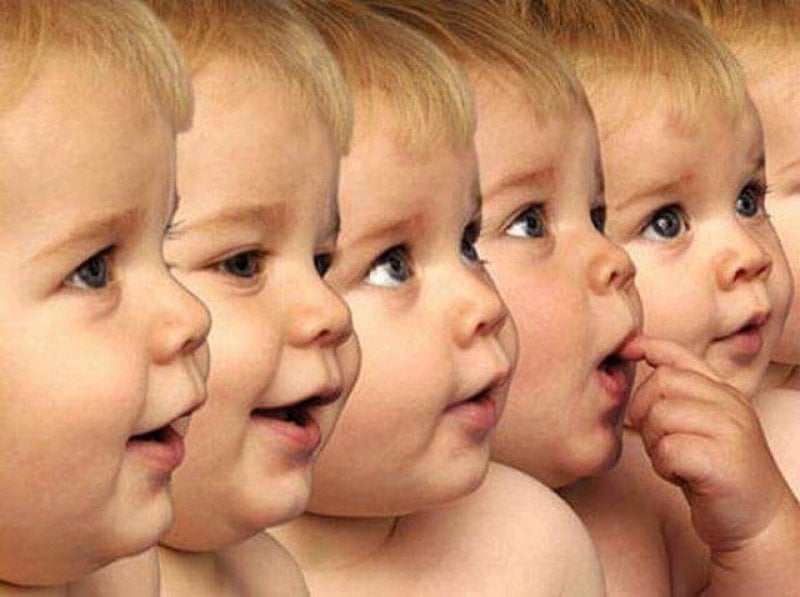For nearly seven years, then, the scientific community has had solid proof that human embryos can be cloned. … So why has no one announced an effort to make cloned human babies? The laws have not changed substantially in the last two decades: Some countries banned human reproductive cloning — some before Dolly, some after, but generally before the announced cloning efforts of the early 2000s. Still, many countries have never banned it.
[Editor’s note: Henry Greely is a professor by courtesy of genetics at Stanford School of Medicine and director of the Center for Law and the Biosciences.]
Other things, however, have changed in the cloning world. On the one hand, the value of using cloned human embryos to produce stem cell lines from an adult has been cast into doubt by competition from induced pluripotent stem cells (iPSCs).
…
Part of me would like to say that people have understood, from the writing of scientists, bioethicists, and other experts (mainly through journalists quoting those experts), that a clone would not be that special: It would never be an exact copy of a living or formerly living person. But as much as I would like to believe that, I doubt it.
…
I think this is a real mystery. It isn’t a particularly important one, but it might provide some insight into public opinion, press behavior, moral panics, and other important aspects about social behavior in the face of startling discoveries in the biosciences.































